Curiosity or Judgement? How to Stop Limiting Yourself and Your Relationships
“Be curious, not judgmental.”
This Walt Whitman quote has been made popular again thanks to the AppleTV show Ted Lasso. In a scene where Jason Sudekis’ character Ted is being underestimated by an opponent, he wisely states that others’ judgements have nothing to do with who he is as a person, but everything to do with others’ lack of curiosity and flawed belief that they have everything/everyone figured out.
He sends this point home by expertly winning a round of darts against an opponent who assumed he wasn’t any good, but never bothered to ask. This got me thinking, how often are we limiting ourselves based on judgments of who we are, what we’re doing, or our environment? How often are we limiting our relationships because we’re assuming we have someone else figured out?
Getting Curious About Ourselves
Have you ever been about to start something new and found yourself thinking of all the worst case scenarios? “I know I’m going to fail at this and I’ll embarrass myself. This is going to be awful, I have no idea how to do this.” This catastrophizing type of thinking is actually assumptions we are having about ourselves and the future. You know what they say about assuming… But really, we don’t know for certain that this will be the outcome. How would our viewpoint change if we got curious? How can we be closer to our authentic self? Here are a few questions to ask yourself:
Is this the worst case scenario? How likely is this to be the true outcome?
What evidence do I have to support/dispute this belief?
What do I know about myself (skills, qualities, strengths) that would help me get through a new situation?
Getting Curious About Others
There can be times in our relationships when we believe that our partner, friend, or loved one is doing something to purposefully hurt us. Maybe we are assuming that they have bad intentions or assuming they don’t actually care about us. This line of thinking can be damaging to the connection and may even lead to self-sabotage in relationships as we may lash out based on the emotions that the assumptions stir up. We may also experience weakened connection from assuming we already know everything about someone. Would our viewpoint change if we got curious? Would our relationship get deeper? Here are a few questions to ask yourself:
What is the evidence to support/dispute what I think happened?
Am I viewing this through the lens of my opinion or through the lens of fact?
What emotion am I feeling and what is driving it? Could this emotion be affecting my view on the situation?
Here are a few ways to ask others:
I’m feeling hurt by what you said but I’m not sure if I’m misunderstanding. Can you help me understand what you mean?
Where are you with what is going on? How are you feeling?
What are your needs for this situation?
Curiosity in Therapy
The examples in this blog are just a few scenarios where we can use more curiosity in our lives, but using this way of thinking can be applied far beyond catastrophizing and relationship issues. In individual counseling we use curiosity to lead us in exploring our history to understand how these beliefs or stories were telling ourselves came to be. We take a look at what strengthens them and what weakens them, times when they were different, and what it would be like to change them. We also use curiosity to get creative with reframing our thoughts and refocusing on the strengths we already possess. Curiosity also helps us reality check what we’re experiencing
In couples counseling we use curiosity to decrease contempt and create space for admiration of our partner’s qualities. We also use curiosity to decrease assumptions about interactions and open up opportunities to understand each other on a deeper level. We leave room for getting to know each other’s viewpoints without assuming the worst.
If you’d like to try taking a curious approach to your life through counseling, schedule a consultation with me!
Tina Leboffe, MA, LPC, NCC, AAC
Please note that this blog is for your information only and does not constitute clinical advice or establish a client-counselor relationship.


